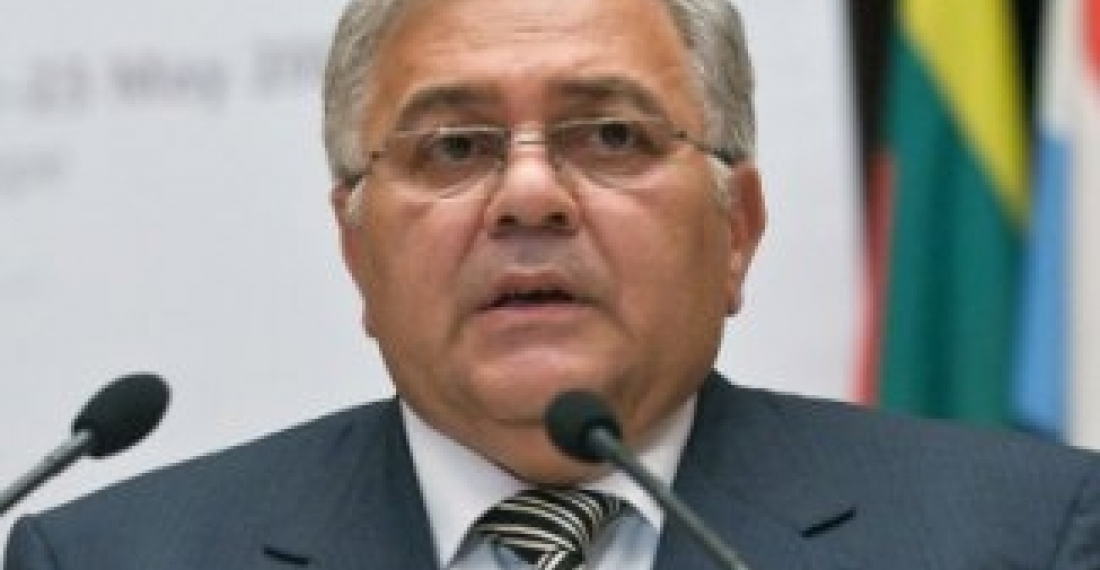The statement came from the speaker of the Milli Majlis, chairman of the Parliamentary Assembly of the Black Sea Economic Cooperation (BSEC), Ogtay Asadov at the fortieth plenary session of BSEC in Baku.
Asadov expressed confidence that all conflicts will be resolved in the near future based on the norms and principles of international law, in particular, on basic principle of the inviolability of borders and territorial integrity of states.
"We believe that the transformation of our region into a zone of peace and stability is in the interest of all the people living here," he said.
According to the chairman of PABSEC, regional integration plays an important role in political development in the modern world.
He noted that at the centre of this process are opportunities for cooperation created by international organizations, and effective cooperation among states opens the way for the development of political, economic, cultural and other ties.
"I am pleased to note that business cooperation realized in the framework of the BSEC contributes to further strengthening of political relations between the members of the organization and, in general, to solution of many problems," said Asadov.
According to the chairman of the Azerbaijani Parliament, the Milli Majlis attaches great importance to cooperation and partnership within the BSEC.
He said that the Milli Majlis six months ago took the chairmanship of the BSEC, and "during this period, the BSEC advanced even more and grew its international reputation".
"Without the unification of efforts of states, it's impossible to solve most of the political, economic, environmental and other issues existing in different parts of the world," said Asadov.
News.Az
Unsettled Karabakh conflict hinders dynamic development of region.
Unsettled Karabakh conflict hinders dynamic development of region.

The Armenian-Azerbaijani Nagorno-Karabakh conflict is a serious obstacle to the dynamic development of the region and poses a serious threat to international stability and security.






